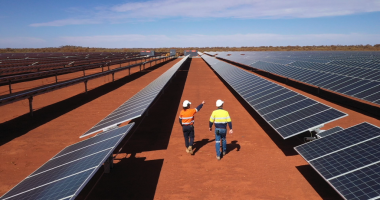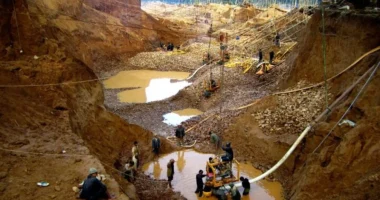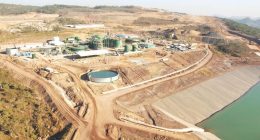The Malian government has introduced stricter regulations on gold mining in response to a surge in fatal accidents at artisanal mining sites. The new measures, announced on Wednesday, aim to better regulate the sector while addressing security and environmental concerns.
The reforms include the establishment of multiple funds under the mining law enacted in August 2023. One such fund is dedicated to rehabilitating abandoned mining sites and enhancing safety by curbing the use of prohibited chemicals. Another fund, financed by contributions from mining companies, will support industry development and capacity building. Additional funds will be allocated for mining infrastructure, transport, and geological research.

The regulatory crackdown follows several deadly incidents linked to illegal mining operations. On February 15, a mine collapse at the Bilaly Koto site in the Kayes region claimed at least 48 lives, most of them women. The site, previously operated by a Chinese company, had been abandoned before being taken over by artisanal miners. A similar tragedy occurred on January 29 in Kangaba, resulting in multiple casualties.
Mali remains one of Africa’s leading gold producers, with 72.2 tonnes mined in 2022, of which 6 tonnes came from artisanal mining. Gold contributes significantly to the national economy, accounting for 25% of the budget, 75% of export revenues, and 10% of GDP. However, the artisanal sector is largely unregulated, exposing workers to hazardous conditions and environmental damage from mercury and cyanide use.
Gold production in Mali fell by 23% in 2024, dropping from 66.5 tonnes the previous year to 51 tonnes, due to declining yields and disputes between the government and mining companies. In response, authorities are tightening oversight to reduce risks and boost the industry’s contribution to the economy.












